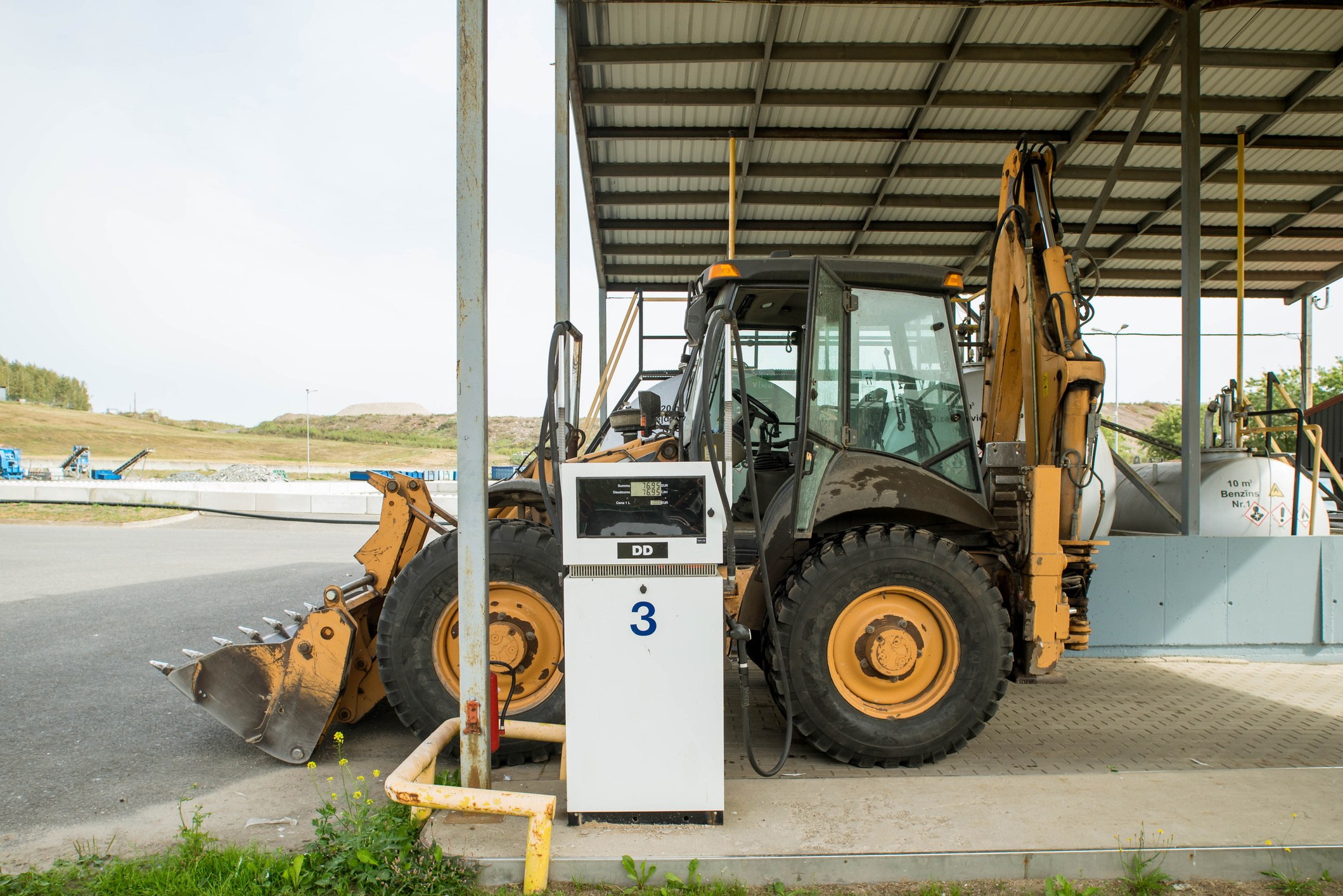The Washington State Departments of Health and Labor & Industries have been at odds with the United Farm Workers of America and Familias Unidas Por La Justicia AFL-CIO in Skagit County over farmworker living conditions in recent weeks.
The conflict appears to be easing with the release of official emergency rules from the two departments regarding farmworker housing.
Effective next Monday, agricultural employers with licensed temporary housing will have ten days to implement head-to-toe sleeping arrangements, create 6-foot spacing between beds, and provide all occupants with cloth face coverings among other requirements.
The emergency rules are a fair compromise to what began as a difficult and quickly escalating anti-agriculture situation.
The farmworker unions filed a lawsuit in mid-April seeking an injunction to cease work until both departments revised their COVID-19 guidelines, demanding stricter rules and a change in sleeping arrangements. A previous blog discussed the lawsuit in depth, including how tone deaf the suit was in light of the current rate of joblessness in our state.
A hearing that might’ve concluded the lawsuit today instead will keep the suit open pending additional guidance from the state regarding transportation and workplace safety. During the hearing, attorneys for the farm workers unions argued guidelines do not go far enough to protect workers and asked for rules to be enacted.
When it comes to regulations enacted by the state, getting hung up on language won’t change the behaviors of bad actors in the current crisis but it does punish employers who are trying to do the right thing in difficult circumstances. The departments of health and labor and industries published guidelines for worker safety in March. As new information has become available about the virus that causes COVID-19, those guidelines should have been updated but changing a guideline to a rule will not force bad actors to change their ways any more than it will force good actors to become more vigilant in their adoption of safety measures to protect their employees.
In response to the original lawsuit, the agencies began an emergency rulemaking process that would have cut the number of licensed sleeping quarters for H-2A workers in Washington state in half, prohibiting the use of bunk beds for the duration of the 2020 season. Had the rulemaking gone forward, it would have been a catastrophic blow to the agricultural community.
Coming to a real-world and workable compromise on housing – allowing the use of bunk beds along with enhanced sanitization efforts – is a win for everyone involved. It keeps farmworkers employed and able to provide for their families. It also helps farmers get their produce cultivated and harvested for the 2020 season.
There are never any guarantees in agriculture – crops and markets fail, tastes change, finances crumble – but having the current season’s crop tended to maturity and harvested when its time, is a step in the positive direction for everyone. It allows farmers hope for survival into the next year and it allows them to hope to provide employment for the dedicated farmworkers they rely on each season.




